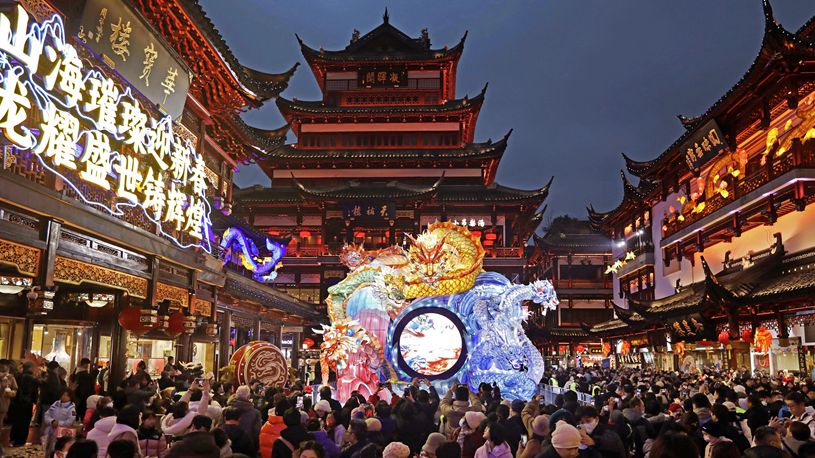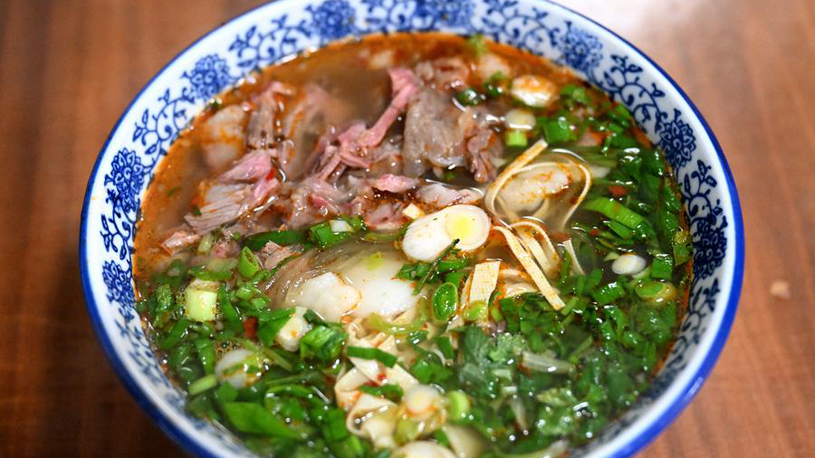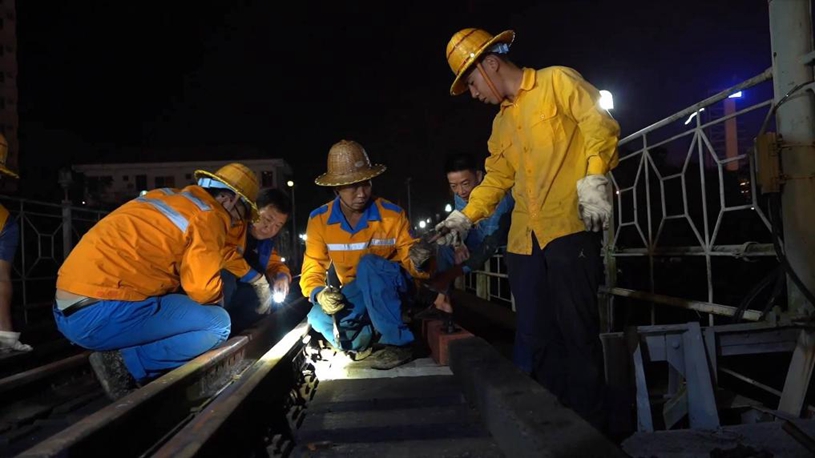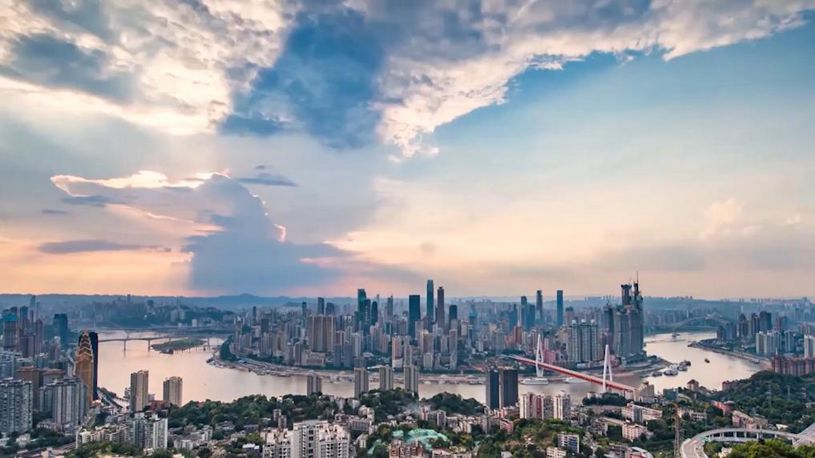The United States has imposed various egregious policies on Latin American countries, such as economic sanctions, trade and technology embargoes, asset freezes, visa cancellations, entry restrictions and asset confiscations against government officials or business owners who refuse to toe the line.
BEIJING, Jan. 22 (Xinhua) -- In April 2009, during the Fifth Summit of the Americas, then president of Venezuela Hugo Chavez gave his U.S. counterpart Barack Obama a book titled "The Open Veins of Latin America," which eloquently argues that the West has long plundered the region's natural resources to bankroll its own progress.
What the author Eduardo Galeano referred to as the "underground gold and silver veins" had been exploited for centuries and the mineral wealth exported to other lands. "The underdevelopment of Latin America derives from the development of others and it continues to feed it," he wrote.
After more than 300 years of European colonial rule, Latin America no sooner saw the dawn of national independence in the early 19th century than Uncle Sam broke in, vying for its rich resources.
In December 1823, James Monroe, the fifth American president, delivered a speech to Congress proclaiming "America for Americans." And the United States has since been obsessed with the Monroe Doctrine to hold sway over Latin American countries, unscrupulously launching coups, invasions and sanctions whenever necessary.
Today, the Monroe Doctrine persists, bleeding dry the "veins" of Latin Americans, undermining their national security and stymieing their social development.
On Feb. 14, 2019, in a residential building in the populous El Valle district of southeast Caracas, Venezuela's capital, taxi driver Ramon de la Hoz was preparing a meager lunch with broth, rice and orange juice.
U.S. sanctions led to a stringent lack of basic human necessities as well as medical supplies. This was harder on De la Hoz, who had diabetes and had to take daily insulin injections.
"The health issue is tremendous" and the situation has made it "very difficult for us to get medicine," said De la Hoz.
The United States has imposed various egregious policies on Latin American countries, such as economic sanctions, trade and technology embargoes, asset freezes, visa cancellations, entry restrictions and asset confiscations against government officials or business owners who refuse to toe the line.
Since 1962, an embargo has been enforced against Cuba, which, according to official Cuban statistics, has caused the island nation accumulated losses of more than 154.2 billion U.S. dollars, or about 1.4 trillion dollars if the dollar's depreciation against the price of gold on the international market is taken into account.
The United States has also imposed sanctions on Venezuela since 2006 and, in recent years, tightened punishment on its government. Venezuelan President Nicolas Maduro said that due to the U.S. sanctions, his country has suffered losses of 232 billion dollars in foreign currency and over 630 billion dollars in losses to GDP.
Bolivia's former Foreign Minister, Fernando Huanacuni, said the U.S. unilateral policies have had "catastrophic consequences" in the region, as part of what he describes as "a dark history of neocolonialism."
The "imposition of U.S. and Western imperialism should never again be repeated" in the region "because history ... has shown us that that is not the way," he added.■












